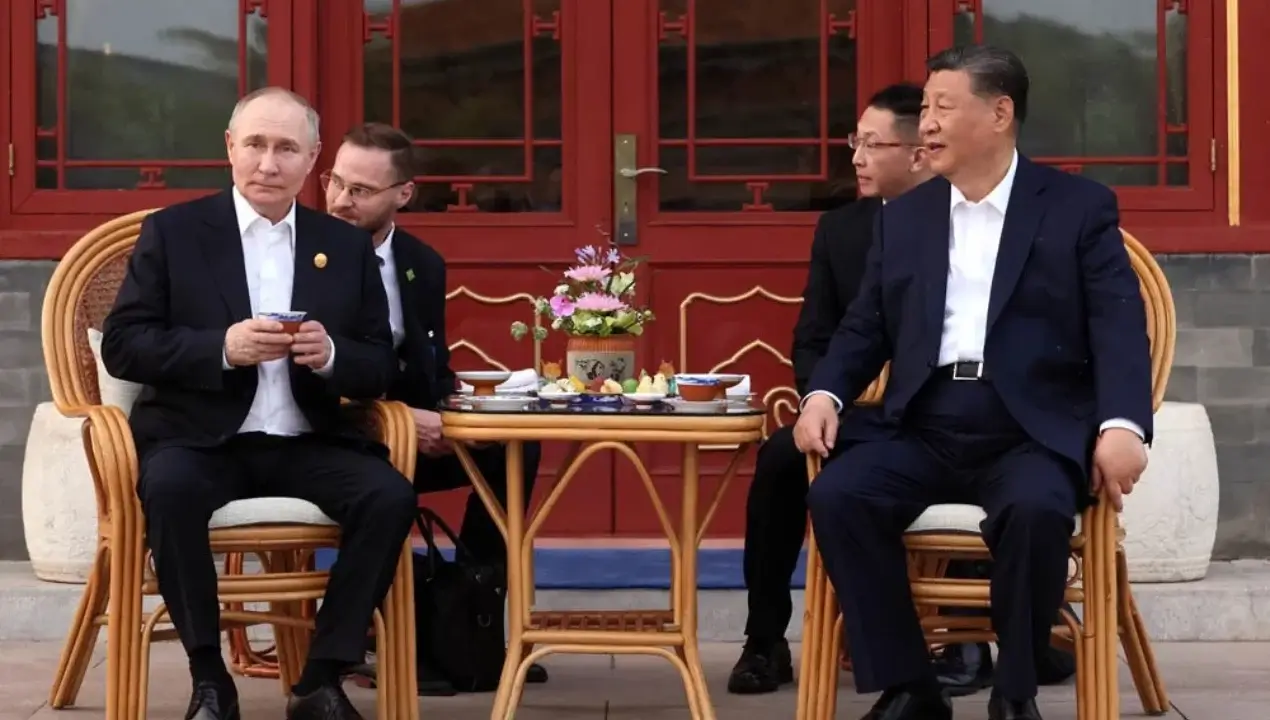Russia is circumventing sanctions through barter

According to Reuters, the share of barter in Russian foreign trade is growing again for the first time since the 1990s. Moscow and its partners are trying to bypass the risks associated with secondary sanctions through this method.
As the agency writes, barter trade in the 1990s was considered a profitable solution for Russia in the context of high inflation and the devaluation of the ruble. Today, due to the limited transaction capabilities of the dollar, this mechanism has begun to be used again. In particular, many banks in China are refusing to accept money directly from Russia, fearing sanctions. Barter transactions are much more difficult to monitor and control.
At the beginning of 2024, the Ministry of Economic Development of Russia announced the "Navigator of Foreign Trade Barter Transactions." It provides a brief guide on the use of barter in order to circumvent sanctions and proposes to create a trading platform that will function as a special barter exchange. According to Reuters, evidence of such schemes being implemented in practice has only recently begun to emerge.
As part of one of the eight major barter agreements studied by journalists, Chinese-made cars were supplied to Russia in exchange for wheat. That is, Russian companies purchased grain in the country for rubles and handed it over to Chinese partners, who, in turn, provided vehicles purchased in advance for yuan.
In two more agreements, Russian companies exchanged flax seeds for household appliances and construction materials, one of which was devoted to a sum exceeding $100,000. In other operations, Russian counterparties acquired machinery and services by supplying aluminum, various metals, and raw materials to China. It was even reported that a similar barter agreement had been implemented with Pakistan.
According to the agency's sources, through some agreements, Russia gained access to sanctioned Western products. Three Reuters trade interlocutors confirmed that this practice is "increasingly widespread." However, it was noted that due to their lack of transparency, it is very difficult to accurately determine the total volume of barter sales.
Thus, it is observed that barter transactions, which are gaining popularity again in Russian foreign trade, are becoming one of the main tools in the context of sanctions.
Read “Zamin” on Telegram!





















